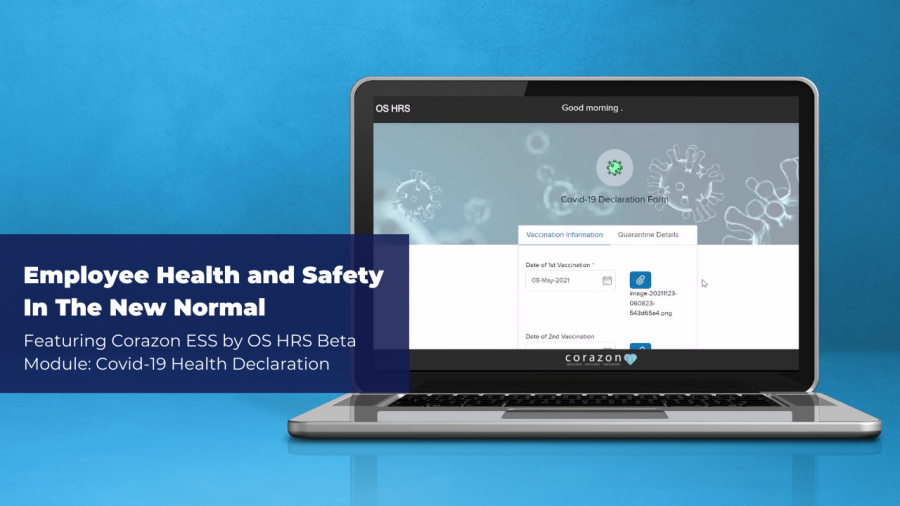☰

HR Strategy & Advisory
Published on 08 Apr 2022

If the last two years have taught business leaders anything, it is that they need to be flexible in their strategies and safety precautions to protect their employees and their bottom line. The cyclical nature of this pandemic means that countries and states around the world constantly refresh its various safety protocols and guidelines to prevent the continued spread of the virus and reduce its impact on the population. As borders open up in order to reactivate economies, it will require governments, employers and workers and their respective organisations to play their part in reinforcing the progress made by ensuring a safe return to work.
From managing workplace safety and keeping track of vaccinations, sanitization and contact-free technology, there is now additional tasks and requirements needed in order to safely reopen workplaces. Teams need to be flexible in organising work tasks, and coordinate this with other teams as well. Not every workplace can substitute work processes by having employees work remotely, even as lockdowns ease and relevant technologies are in place. Some teams may find that they thrive as a unit better with some in-person interaction. As such, hybrid workplaces may remain a long-term reality for most businesses, regardless of how the pandemic progresses.
Besides implementing physical guidelines around office occupancy and sanitisation, it is clear that effective communication and transparency around vaccinations and close contact exposure is key in containing outbreaks in the hybrid work setting. It is the responsibility of not just the employer but of colleagues as a community to look out for each other and making safety a joint value and priority.
In our own experience at OS HRS, we have maintained a hybrid workplace model through most of the pandemic, depending on the relevant SOPs in each country of operation. Key operations staff, when allowed, should be in the office as they handle important payroll data for our clients, while our product development team split between Malaysia and India could work remotely more comfortably due to the nature of their work. There was a lot of trial and error, especially around communication in the larger teams, to coordinate physical attendance and ensuring the overall wellness of teams.
In the spirit of innovative solutions in prioritising staff health and safety, the product development team developed and implemented a Beta version of a Covid-19 declarations module on our Corazon Employee Self-Service application that allows our employees in India, Malaysia and Japan to update their vaccination status as well as to indicate any quarantine periods due to falling sick with Covid-19. This module allows our teams and managers to better manage resources and has been an extremely helpful tool to coordinate our plans to return to office.
Unpredictability is the name of the game in this “new normal”, but OS HRS as a team and community have taken on the learnings of the last two years and are prepared for whatever comes next. We are also actively innovating with the market to come up with HR technology solutions that will help global leaders navigate the post-pandemic phase, and beyond.
電話番号
ファックス
+6 (03) 2777 8301
メールアドレス
マレーシア(本社)
Suite 5-1, Level 5, Wisma UOA Damansara II, No 6, Changkat Semantan, Damansara Heights, 50490 Kuala Lumpur, Malaysia

